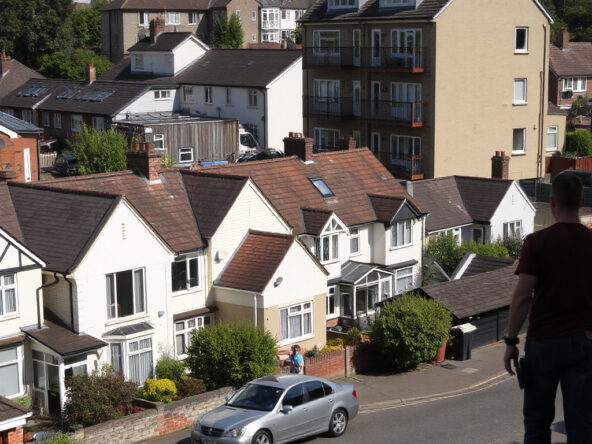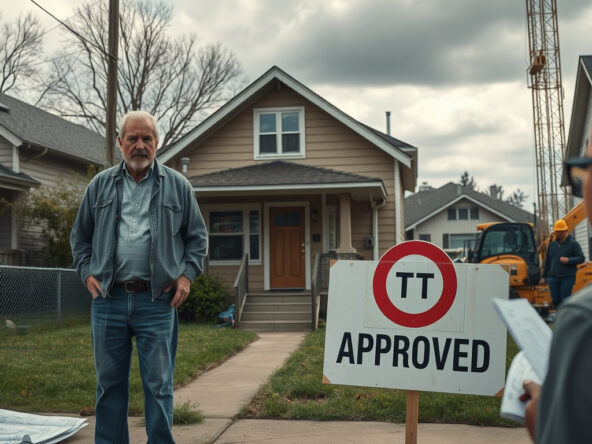Edinburgh’s Plan to Address Unlicensed Temporary Accommodation for Homeless
Edinburgh’s Council—tasked with both legal imposition and urban housing dependencies—declares the termination of unlicensed temporary dwellings for the homeless by November’s closure, a decision that binds pandemic-induced hotel stays and B&B allocations to a network of legal, residential, and licensure dependencies; properties, now serving as fixed abodes, connect directly to a requirement for multiple occupancy regulation, a necessity unmet for roughly 650 residents, thus instituting a payment logic that ties remittance to valid licensure. In this framework, the Council’s directive, which filters landlord payments through a matrix of compliance and statutory safety standards, links noncompliant properties with a forthcoming redistribution of occupants, whereby an estimated 10% may find themselves relocated within a 50-mile corridor of Edinburgh when licensed alternatives do not materialize in time. Concurrently, the Council channels efforts into reactivating dormant dwellings—restoring approximately 174 council homes and anticipating an infusion of 120 more licensed spaces—while social housing applications, caught within the gravitational pull of overwhelming demand, pause as licensing issues and the search for new residential configurations sustain an ever-tightening cycle of interdependent legal and hosting mandates.
Under the present measure, safety and legal standards coalesce into a structure that mandates secure, licensed shelter for all; any transient removal from Edinburgh, secured by available transportation links, remains designed as a brief intervention, binding affected individuals to an expedited return into the recalibrated urban housing framework.
What This Means for Property Investors and Those Interested in HMO Accommodation
Investors, whose pursuits in shared residential properties are embedded in a regulatory network of mounting licensure checks, encounter a transformed paradigm wherein every step from conversion to occupancy is tethered to a statutory matrix that anchors landlord compensation to complete licensing compliance; in such a domain, market maneuvers in multiple occupancy housing require that each investment decision align tightly with legal prerequisites, forming dependencies between fiscal practices and enforced housing standards that jeopardize operational continuity if the prescribed licenses are absent.
Summary
Edinburgh’s Council, enmeshed within a lattice of legal directives and housing safety imperatives, sets in motion an immediate cessation of unlicensed temporary accommodation, a motion that, while addressing historical shifts from Covid-19 practices, prompts the short-term displacement of nearly 10% of homeless residents should compliant shelter remain unavailable; the reactivation of council housing and a temporary halt on broader social housing applications crystallize a focus on regulated, secure accommodations, a condition that forces property investors to navigate a landscape where every decision interlocks with stringent licensing and operational mandates.



